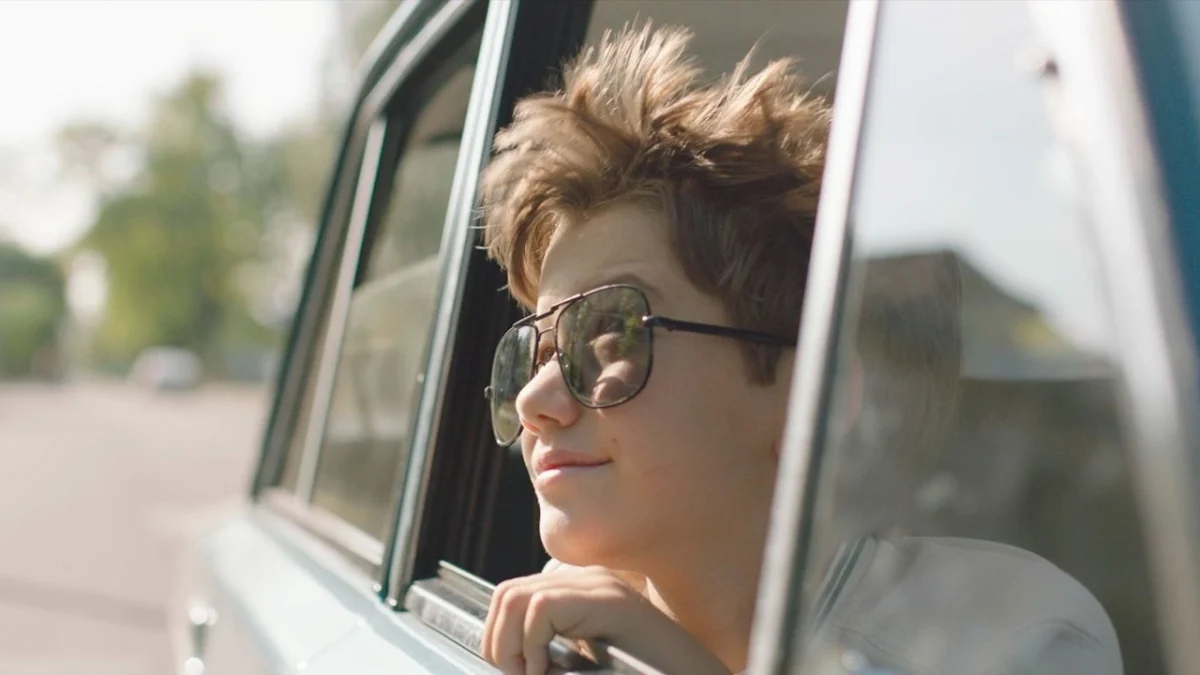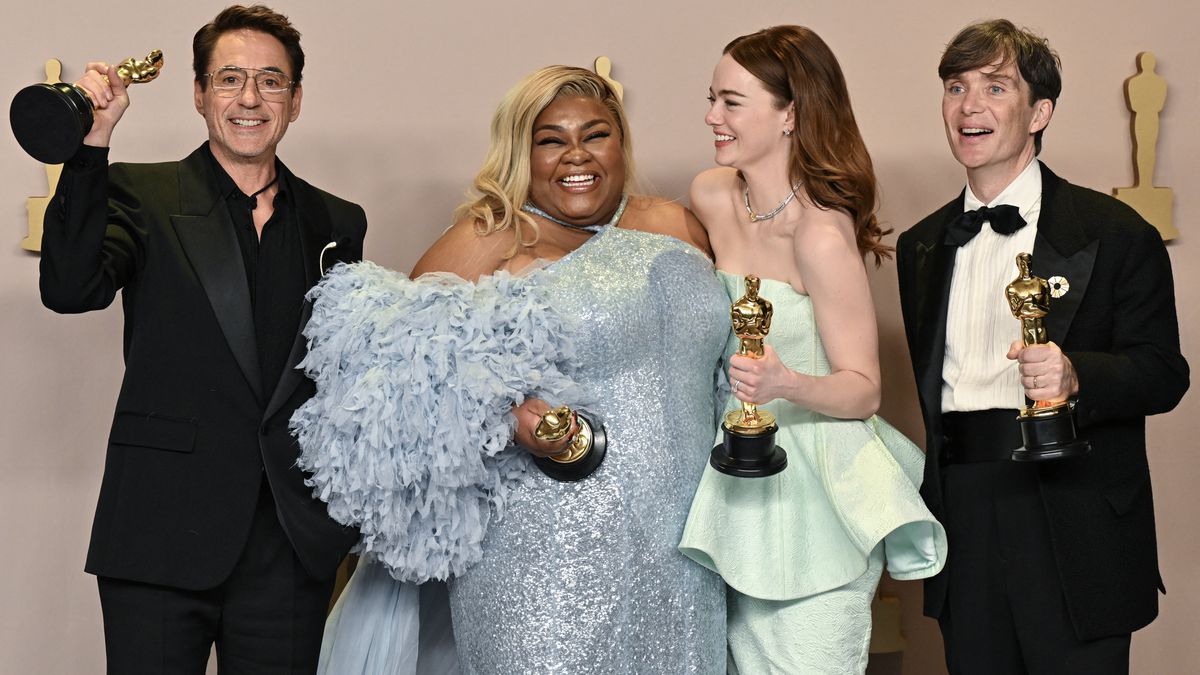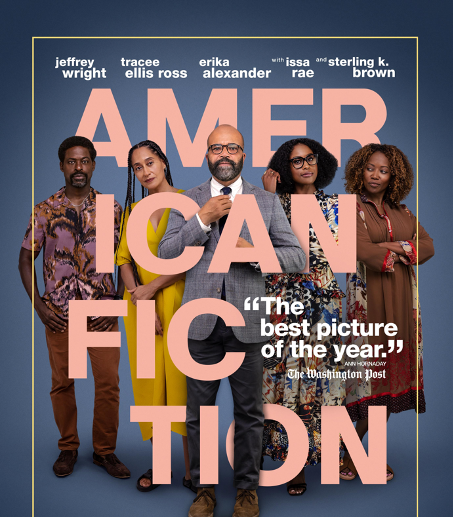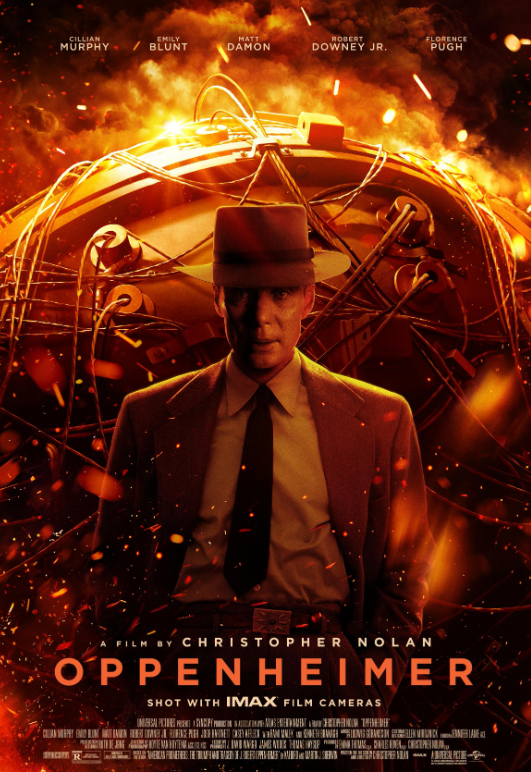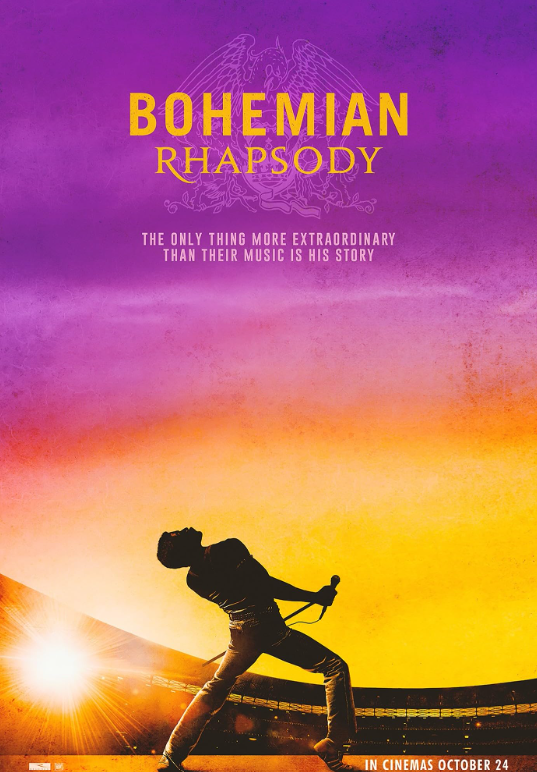
When I sat down to write this review, I could think of nothing but praise for Richard Linklater’s “Boyhood,” a 12 year project that follows a six-year-old until he graduates from high school. I also thought that anything I could write would be cliché. “Boyhood” has been called a classic, a landmark, and one of the greatest films ever made – and all that before its release. Once you see it, you will realize that these are no hyperboles. Linklater’s film defies our idea of what a movie can be.
Linklater began filming “Boyhood” in 2002 and picked Ellar Coltrane to portray Mason Jr., the son of a divorced couple, Olivia (Patricia Arquette) and Mason Sr. (Ethan Hawke). The director, who has already proved himself a visionary with the “Before…” trilogy, sculpted the film over time with a general vision of the narrative’s conclusion. Some scenes, he has said in interviews, were written just before shooting.
The film benefits from its narrative’s elasticity. Rather than conceive a conclusion years in advance, “Boyhood” allows Mason to live without foreshadowing what follows the next year. As a result, Linklater’s film feels more genuine than a documentary might.
The film’s incorporation of soundtrack and events in real time bolster this authenticity. Linklater deftly works in notable moments, from the Iraq War to the midnight release of the sixth Harry Potter book, while signaling the passage of years with music like Arcade Fire and Gotye. In effect, “Boyhood” is a time capsule, and an especially nostalgic one for young adults who grew up these past 12 years.
As Mason Jr. ages, you can see how Coltrane matures as well. At first a mischievous boy, Mason gradually grows into a thoughtful, rebellious teen and becomes a far more interesting character as Coltrane’s acting improves. Early on, he can’t live up to the stellar supporting cast, but by his teenage years, his character becomes well defined as Coltrane simultaneously holds his own with Hawke and Arquette.
The real revelation here is Lorelei Linklater, the director’s daughter, who plays Mason’s sister, Samantha. She leaps off the screen with the manic energy of a sister intent on annoying her brother. Linklater offers scenes that are both hilarious and moving. Watching her and Coltrane mature together is one of the film’s most beautiful aspects.
Together, Mason and Samantha face the dreaded talks about contraception, the marital troubles of their mother and the challenge of rebuilding their relationship with their absent father. These are moments almost every child faces, but they’re never overwrought. They never try to be more than part of a greater masterpiece, like how subtle strokes in a painting can enhance its beauty rather than undermine its message.
The film’s modesty belies its own accomplishments. Unlike the aging makeup in films like “The Curious Case of Benjamin Button,” you actually watch these characters age 12 years. Secondly, because of Hollywood’s focus on profit, assembling a cast for twelve years is nothing short of a miracle. Even “The Lord of the Rings” took only 14 months to film. Furthermore, its narrative intimacy (it’s really just about a boy) couples wonderfully with its epic scale. Every day after you watch it, you’ll appreciate this film more and more.
The narrative also leaves some things unexplained, like Mason Sr.’s real activities when absent from Mason Jr.’s life. We get a peek into his life, but only so much as the boy does. Similarly, Mason slowly grasps the dark side of his stepfather without the perspective of another adult. In a way, we’re living Mason’s life with him.
Linklater reserves the most moving scenes for Hawke. Hawke and Coltrane connect like real father and son from the start, and in the most complex role of his career, Hawke turns a troubled loner into a sympathetic parent. Despite missing years of his son’s life, he teaches credible life lessons and playful memories. As the film’s arbiter of wisdom, he offers understated lines like, “Life doesn’t give you bumpers.”
No film could do 12 years justice in a normal film’s running time. “Boyhood” runs nearly three hours, but I felt as if the lights flicked back on in less than one hour. Before you know it, Mason is no longer a shy six-year-old, and his boyhood vanishes in the blink of an eye. And that, I believe, is the film’s most lifelike quality of all.
Alex Frail can be reached at [email protected].







